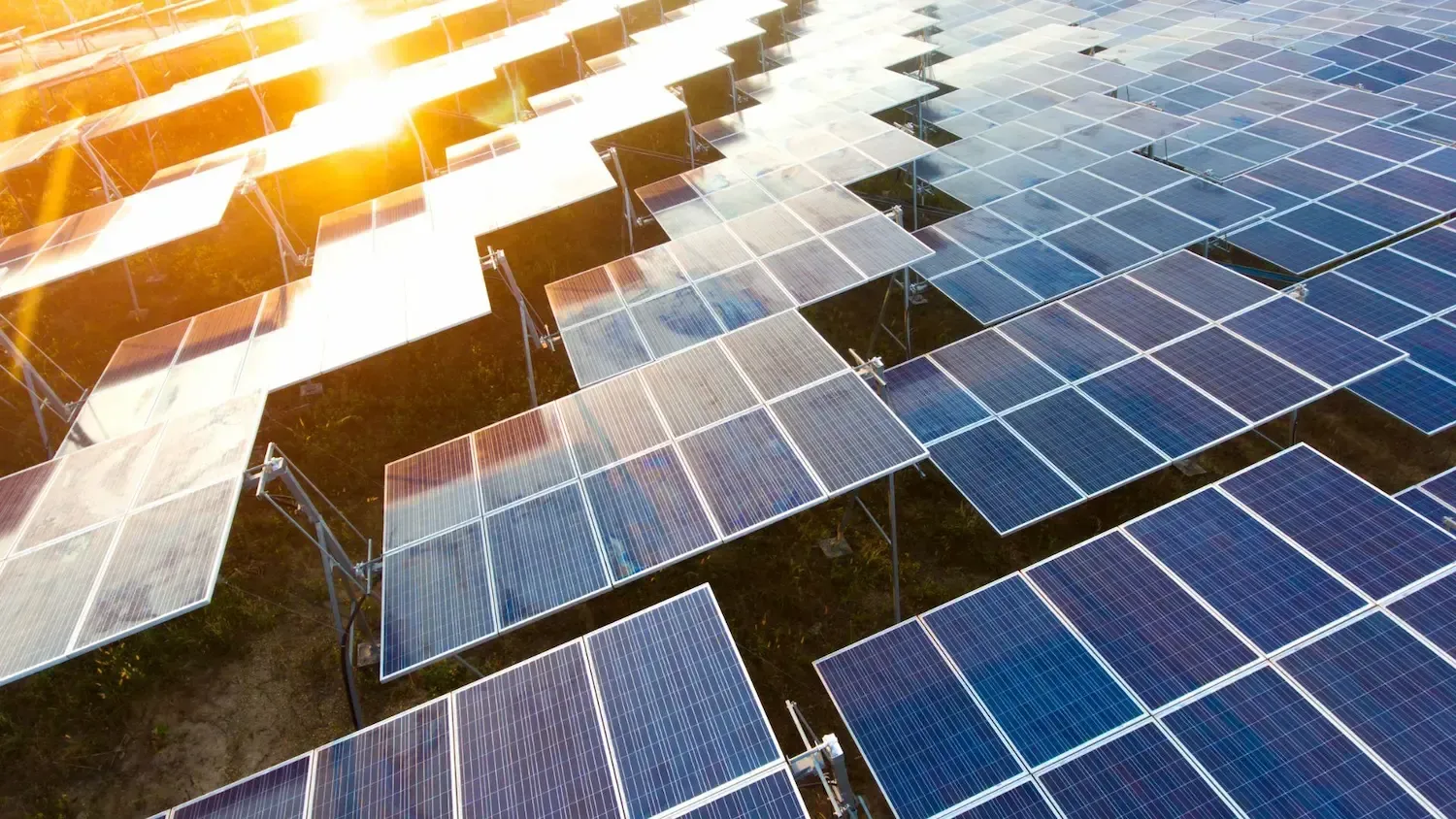Navigating the road to net zero: emission reduction targets for Australasian businesses
During the 2015 Intergovernmental Panel on Climate Change (IPCC) Paris Agreement it was agreed that to mitigate global warming in the second half of the century, the global average temperature needs to stay below 2C above pre-industrial levels, with a preferred limit of 1.5C. To achieve this goal carbon dioxide emissions must be halved by 2030 and net-zero emissions reached by 2050 to restrict global warming.
Why not 2C? Why is the 1.5C an important limit?
Research into the impact of a 1.5C warming and a 2C warming (reported in the IPCC’s Special Report on Global Warming) shows how every fraction of a degree has consequences. The 0.5C increment represents harsh differences:
· Losing 70% of the world’s coral, or 99%.
· The Arctic Ocean being devoid of ice every 100 years, or every 10.
· Water being scarce for 271 million people, or 288 million.
1.5C was decided as a relatively sufficiently safe limit to future global warming that even the small island states and the least developed countries could achieve within the timeframe.
What is the current global temperature increase in 2023?
The average global temperature has increased by at least 1.1C since 1880. The raise of 1.1C has caused the world to experience emissions-linked climate damage – punishing heatwaves, storms, droughts, and bushfires –which will only become more extreme as we hit 1.5C. Our existing fossil fuel infrastructure, behaviours and business practices are more than enough to push the world beyond 1.5C of global heating.
How to start the journey to net zero
Individual governments, international organisations, and consumers are all pushing for businesses to take responsibility and action for their environmental impact. Reducing your organisation’s carbon footprint and embracing sustainability services are likely already on the agenda, and DETA have an experienced team of energy and sustainability consultants in NZ/Australia to make the journey to net zero both seamless and effective.

Adopt a sustainability mindset in the company
With Australasia businesses’ strong reliance on traditional energy sources, transitioning towards cleaner more sustainable options can be challenging for businesses. Sustainability and risk management are intrinsically linked which explains occasional resistance to a robust carbon management strategy being implemented. However, DETA provide a unique set of expertise sustainability project delivery and consulting services that look beyond short-term financial results, focusing on long-term performance.
Carbon footprint management and reduction is no longer a fringe position, it is mainstream. This is an opportunity to involve and engage key stakeholders and members from all levels of the company with a continuous improvement mindset on their shared journey to sustainability.
Energy audit and management
Understanding where your organisation is at now in terms of emissions and the carbon footprint is crucial for several important reasons:
1. Identifies the best methods for effective monitoring and reporting.
2. Identifies areas of inefficiency.
3. Determines a reduction target.
4. Informs the carbon management strategy.
5. Influences your organisation’s energy management and new carbon reduction policy.
6. Sets the benchmark for future measurement and monitoring of progress.
The call for emission reduction is growing louder, and Australasian businesses are heeding the call by setting ambitious net-zero targets. Energy consultants, sustainability consultants, and ESG consultants are crucial partners on this journey, offering specialised expertise that is vital for meeting these targets. By adopting energy-efficient practices, embracing sustainability principles, and implementing comprehensive carbon management strategies, businesses in Australasia are contributing to a greener future while reaping the benefits of reduced operational costs and enhanced brand reputation.
If your business is located in Aotearoa New Zealand, Australia, or the Pacific, and you are looking for a clear pathway to net zero, contact DETA to explore how we can help you achieve your goals.





